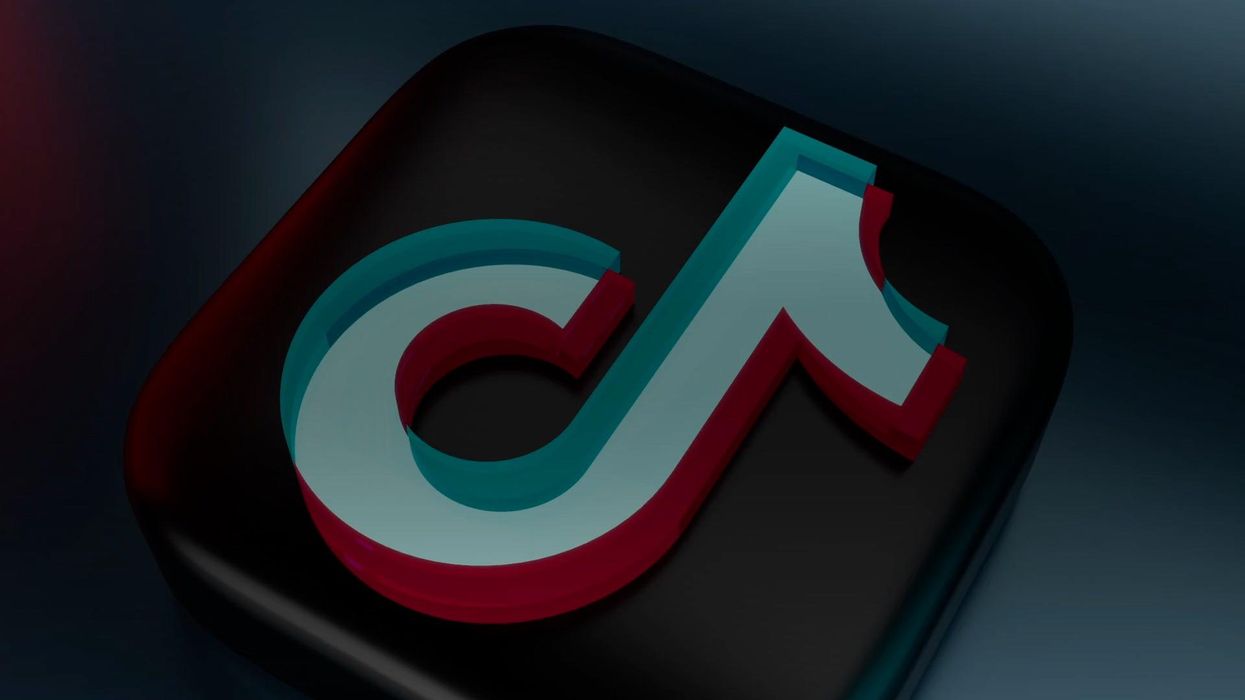Food content on TikTok focusing on nutrition and weight promotes "a toxic diet culture" for teens and young people, according to new research.
The overarching messages found in the food videos glorified weight loss and portray an "unrealistic and inaccurate picture of food, nutrition and health," as well as portraying food as a means to achieve thinness.
Researchers at The University of Vermont studied the top 100 videos from 10 popular nutrition, food and weight-related hashtags, which were then coded for key themes. Each of the 10 hashtags had over a billion views when the study began in 2020.
Since then, the hashtags studied have grown significantly as TikTok’s user base has expanded.
Sign up to our free Indy100 weekly newsletter
These findings in the study are alarming due to research suggesting that young people’s social media usage is associated with disordered eating and negative body image.
"Each day, millions of teens and young adults are being fed content on TikTok that paints a very unrealistic and inaccurate picture of food, nutrition and health," said senior researcher Lizzy Pope.
Given the TikTok algorithm provides users with videos on topics that they engage with on their feed, it can be difficult to escape the rabbit hole of toxic diet culture content.
"Getting stuck in weight loss TikTok can be a really tough environment, especially for the main users of the platform, which are young people."
The number of videos on body image, along with engagement puts into perspective society's continued fixation on diet culture.
“We were continuously surprised by how prevalent the topic of weight was on TikTok. The fact that billions of people were viewing content about weight on the internet says a lot about the role diet culture plays in our society,” co-author Marisa Minadeo.
Both Professor Pope and Minadeo also sought to understand the role of TikTok as a source for information about nutrition and healthy eating behaviours.
Most of the content the pair analysed in the study was from white, female adolescents and young adults and there were “very few creators were considered expert voices,” i.e. someone who self-identified with credentials such as a registered dietitian, doctor, or certified trainer.
"We have to help young people develop critical thinking skills and their own body image outside of social media," Professor Pope said.
"But what we really need is a radical rethinking of how we relate to our bodies, to food and to health.
"This is truly about changing the systems around us so that people can live productive, happy and healthy lives."
A TikTok spokesperson referred indy100 to TikTok's Community Guidelines that "make clear that content that promotes unhealthy eating behaviors or habits that are likely to cause adverse health outcomes is not allowed on the platform, and we expanded this policy earlier this year to focus ondisordered eating more broadly.
"We made this change in consultation with eating disorders experts, researchers, and physicians, as we understand that people can struggle with unhealthy eating patterns and behavior without having an eating disorder diagnosis."
The platform also added they provide access to theNational Eating Disorders Association (NEDA) Helpline when a user searches for #edrecovery #proana or other phrases related to eating disorders as well as including public service announcements developed with input from NEDA on hashtags like #whatieatinaday #emotionaleatingtips #bingerecovery and others.
Have your say in our news democracy. Click the upvote icon at the top of the page to help raise this article through the indy100 rankings.














